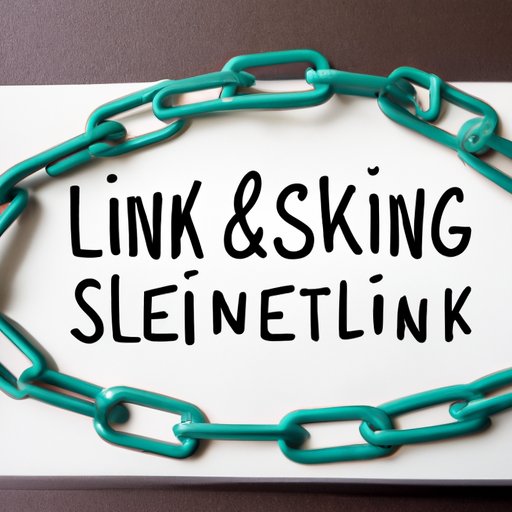How Social Media Affects Mental Health
In today’s digital age, social media platforms have become an integral part of our daily lives. From connecting with people around the world, to staying updated with the latest news and trends, social media has made our world seem more accessible than ever. However, while social media offers numerous benefits, excessive use of these platforms can also have a negative impact on our mental health. In this article, we will explore the relationship between social media usage and mental health problems and offer strategies for creating a healthy relationship with social media.

Link between Social Media Usage and Mental Health Problems
Several studies have suggested that there is a strong relationship between excessive social media use and mental health problems such as anxiety, depression, and loneliness. One study conducted by the University of Pennsylvania even found that limiting social media use to 30 minutes per day led to a significant reduction in levels of anxiety, depression, and loneliness among participants.
Social media platforms are designed to keep users engaged and scrolling through their feeds for as long as possible. However, this endless scrolling can lead to feelings of inadequacy and low self-esteem, which can trigger mental health issues. Constant exposure to negative news stories and online bullying can also contribute to anxiety and depression.
FOMO and its Impact on Mental Well-being
The Fear of Missing Out, or FOMO, is a common phenomenon among social media users. FOMO is characterized by a feeling of anxiety or stress that one may be missing out on exciting events or social opportunities. Social media platforms can aggravate this feeling, as users are exposed to constant updates about their friends’ or followers’ activities. This can lead to feelings of inadequacy, low self-worth, and social anxiety in individuals who feel left out or excluded from social events.
To combat FOMO, it is essential to practice mindfulness and set boundaries when using social media. Try to limit social media use to a specific time of day, and unsubscribe from accounts that may trigger feelings of jealousy or inadequacy.
Cyberbullying in Social Media and its Effects on Mental Health
Cyberbullying refers to any online behavior that is intended to harm, intimidate, or harass an individual. Social media platforms have become prime locations for cyberbullying to occur due to their anonymous nature and the ease with which people can access and interact with others.
Cyberbullying can have significant effects on an individual’s mental health. Victims of cyberbullying may experience symptoms such as depression, anxiety, and low self-esteem. In some cases, cyberbullying has even been linked to suicide and other forms of self-harm.
To reduce the prevalence of cyberbullying, social media platforms have implemented measures such as reporting functions and community guidelines. However, it is essential to remain vigilant and report any instances of cyberbullying immediately.
Negative Body Image and its Connection with Social Media
Social media platforms have become notorious for promoting unrealistic beauty standards and creating negative body image issues among young people. Social media users are exposed to images of perfect bodies and idealized lifestyles, which often leads to feelings of inadequacy and low self-esteem.
This constant exposure to negative body images can have dangerous repercussions, such as eating disorders and body dysmorphia. It is essential to recognize that these images are often heavily edited, and individuals should focus on promoting healthy body images and self-care practices.
The Comparison Trap and its Effects on Mental Health
The comparison trap refers to the tendency to compare oneself to others continually. Social media platforms can magnify this tendency by exposing users to the highlight reels of other people’s lives.
Many users fall into the comparison trap, leading to feelings of inadequacy and low self-esteem. To avoid this, it is essential to recognize that social media presents a highly curated and often edited version of reality. Remind yourself that you are unique and have your own strengths and accomplishments.
Strategies for Creating a Healthy Relationship with Social Media
While social media usage can have negative effects on mental health, it is important to acknowledge that these platforms also offer numerous benefits. Social media can help individuals stay connected with loved ones, stay informed about important issues, and find support among like-minded individuals.
Therefore, creating a healthy relationship with social media is vital for promoting mental well-being. Strategies for achieving this include setting boundaries for social media usage, unfollowing accounts that trigger negative emotions, and putting social media in perspective by focusing on real-life interactions.
Conclusion
In this article, we have explored how social media usage can affect mental health and offered strategies for creating a healthy relationship with these platforms. While social media offers numerous benefits, it is essential to be mindful of its potential negative effects and take steps to protect one’s mental well-being. By setting healthy boundaries, practicing mindfulness, and focusing on positive interactions, individuals can enjoy the benefits of social media while minimizing the risks.
